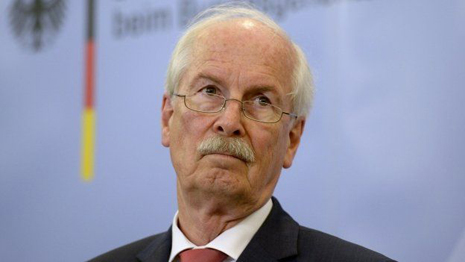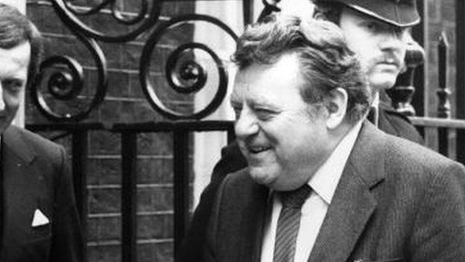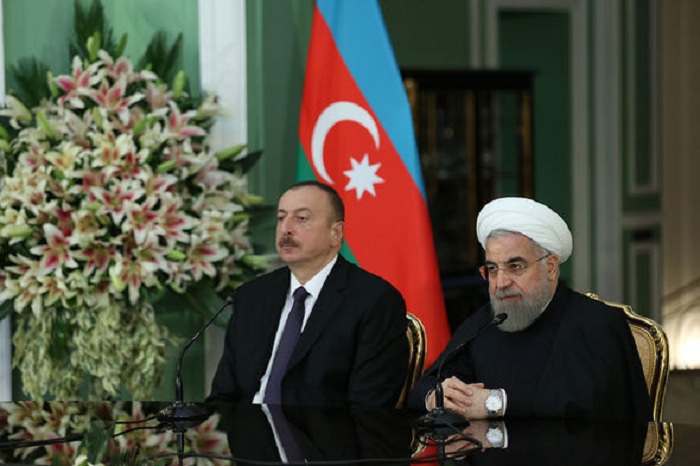But the scandal rocking Germany`s political establishment isn`t about sleaze or corruption but rather whether a little-known website can publish documents already publicly discussed.
What started off as an obscure case has turned into a fiery national debate about the freedom of the press and the influence of government ministers over the courts.
Earlier this year, Andre Meister and Markus Beckedahl published classified documents on the digital rights website Netzpolitik, indicating that Germany`s intelligence service was planning to expand online surveillance to combat terrorism, and that a special unit could be set up to monitor social media.Last week the journalists announced that they were being investigated for treason.
If the state prosecutor had his way, wrote Andre Meister on Netzpolitik: "Markus and I will soon be sitting in jail for two years."There was a national outcry. Headlines screamed that freedom of the press was under attack and thousands took to the streets of Berlin in support of Netzpolitik.
In Britain, headlines are made when parliamentary officials are caught, quite literally, with their pants down - ideally, for maximum effect, with the involvement of drugs and prostitutes. In Germany it is data protection that gets people worked up.
Painful memories
That seems less surprising when you remember Germany`s painful experience of totalitarianism during the 20th Century.Hitler`s secret police, the Gestapo, and communist East Germany`s Stasi agents spied extensively on their own citizens and severely controlled the press.So privacy rights and the role of the media are not simply matters of academic debate. People here are all too aware of the dangers when a state gets too powerful.

This historical legacy helps explain why the allegations of American spying in Germany have caused such uproar. And why Edward Snowden, who leaked the information of American spying activities, is viewed as something approaching a national hero here, particularly by left-wing Germans - many of whom are possibly unaware of Mr Snowden`s own right-wing views when it comes to the role of the state and social welfare.

The treason investigation into the journalists at Netzpolitik has been so controversial that it was only a matter of time before heads started to roll.Within days government leaders, including the interior minister, the minister of justice and German Chancellor Angela Merkel, all publicly withdrew their support for the chief prosecutor Harald Range, who had launched the investigation.
And on Tuesday it was announced that Mr Range would be dismissed - the first time that a German government has fired a chief prosecutor.
Inquiry calls
But the scandal is far from over.Opposition politicians are calling for a full inquiry into why the justice minister and the interior minister let the journalists be investigated for treason in the first place.And Mr Meister and Mr Beckedahl are demanding answers over whether they have been spied on by the authorities.
"For us, as journalists, who believe in the rule of law, it feels like we`ve landed in a nightmare, in a repressive state, in which it`s possible to spy on investigative journalists," Mr Beckedahl told German television station ARD.
"I could never have imagined that."

Treason cases against journalists in Germany:
1962: Treason charges brought against Der Spiegel magazine for a story that alleged West Germany`s army would not be able to defend the country against a communist attack. Two editors were jailed. But a court later ruled in Der Spiegel`s favour and Defence Minister Franz Josef Strauss was forced to resign.
1982: The offices and homes of journalists from the Hamburg magazine Konkret are raided by police after the memoirs of a former secret agent are published.
2005: The offices of the monthly political magazine Cicero and the home of a journalist are raided by police. The journalist had written an article about an Islamist extremist terrorist, in which classified documents were quoted. Germany`s constitutional court later ruled that the authorities had acted unconstitutionally.
2015: Two journalists from the website Netzpolitik are investigated for treason, for publishing documents detailing plans by the government to increase online surveillance to fight terrorism. The investigation has been temporarily suspended after a public outcry.
The treason investigation has now been suspended.
But chief prosecutor Range has accused the government of interfering in legal proceedings.It was not acceptable, he said, for politicians "to influence an investigation because its possible findings may not be politically expedient".Instead of clarifying the situation of what journalists can and can`t publish, the case appears to be throwing up even more questions.
What is a state secret? What is a journalist allowed to publish? And in the days of online media and social media, what is the definition of a journalist anyway?
The fact that the investigation was launched, and then stopped when things got sticky politically, hasn`t solved any of these issues - meaning, warn critics, that it`s only a matter of time before another similar scandal blows up.
















































